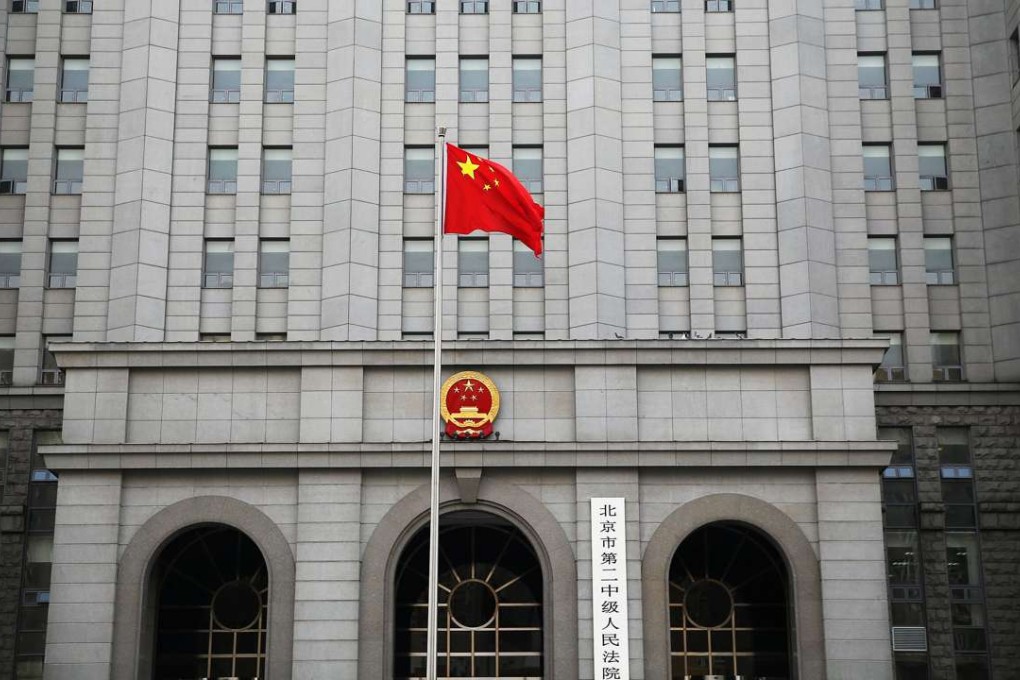Opinion | How the party’s absolute power undermines its efforts to strengthen China’s rule of law
Cary Huang says while Chinese leaders support the need for a credible legal system, it is their iron-clad grip that is the stumbling block to its development

When their decades-long efforts failed to stamp out rampant corruption even among anti-graft investigators and get law enforcers to actually abide by the law, China’s communist leadership should have understood that behind such crises lies not a failure of governance but rather the failure of an outdated political system.
In a document released last week, the Supreme People’s Court, Supreme People’s Procuratorate, and the ministries of public security, state security and justice jointly called for an end to the widespread and illegal use of coercion and violence to obtain evidence or confessions in criminal investigations.
China’s government tries again to stop forced confessions through torture
This is not the first time Chinese leaders have tried to eliminate the malpractice. China introduced the rule of law following the launch of economic reforms in the late 1970s. Since then, the government has made impressive progress in setting up the legal infrastructure. For example, thousands of lawyers and judges have been nurtured and numerous Western-inspired laws and codes protecting property and human rights have been passed. Still, a creditable system based on true rule of law is still a long way off.

For China’s legal reforms to work, dispensers of rough justice must be brought to book
China’s Criminal Procedure Law forbids torture and requires judges to weigh evidence beyond a suspect’s confession, the result of criminal justice reforms that have been introduced since the 1990s and hailed as a major advancement in the protection of human rights.
What the party really wants is for the rule of law to strengthen its one-party rule
However, such laws are not respected by law enforcers, who continue to gain forced confessions, through torture, ill-treatment and other illegal methods. This is best illustrated by the fact that China has one of the highest conviction rates in the world, with its prosecutors and police rarely losing a case.
